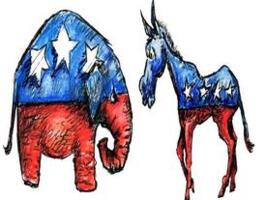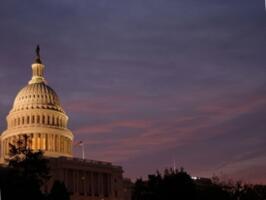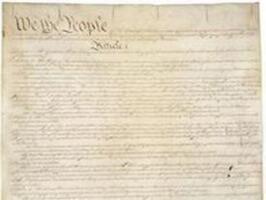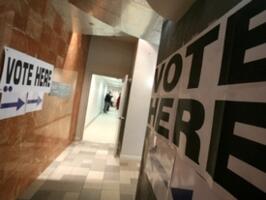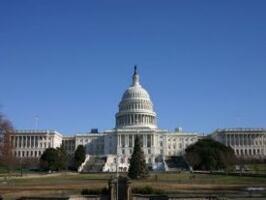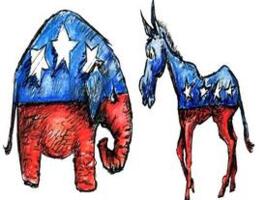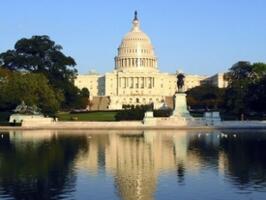Voters Are Less Insistent That Immigrants Adopt U.S. Culture
Most voters continue to believe that people who move to the United States should adopt American cultures, but that number has reached a new low this month. Two-thirds of Likely U.S. Voters (66%) now say people who move to America should adopt American culture and language, according to a new Rasmussen Reports national telephone survey. That’s down from 71% last month. Nineteen percent (19%) say immigrants should maintain the culture, language and heritage of their home country instead, consistent with surveying for much of this year. Nearly as many (15%) now are undecided. (To see survey question wording, click here.)
The national survey of 1,000 Likely Voters was conducted on August 2-3, 2012 by Rasmussen Reports. The margin of sampling error is +/- 3 percentage points with a 95% level of confidence. Fieldwork for all Rasmussen Reports surveys is conducted by Pulse Opinion Research, LLC . See methodology.




